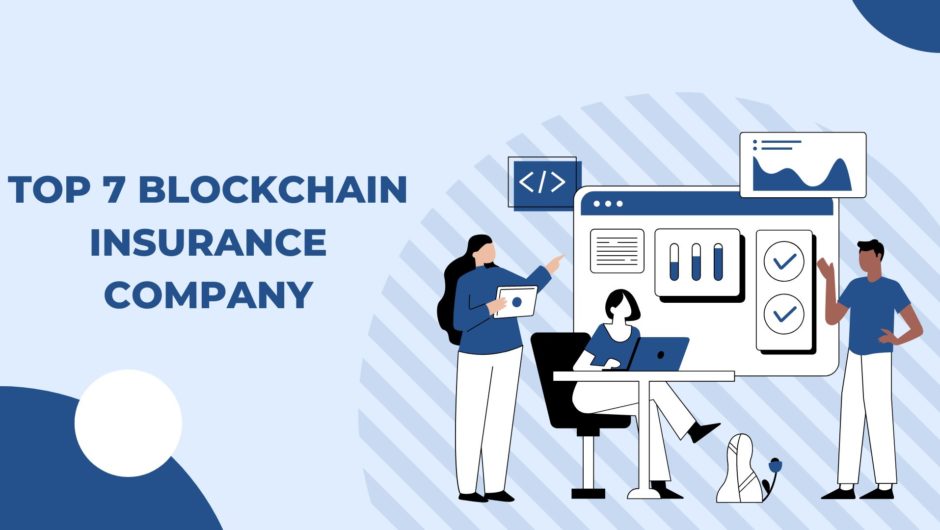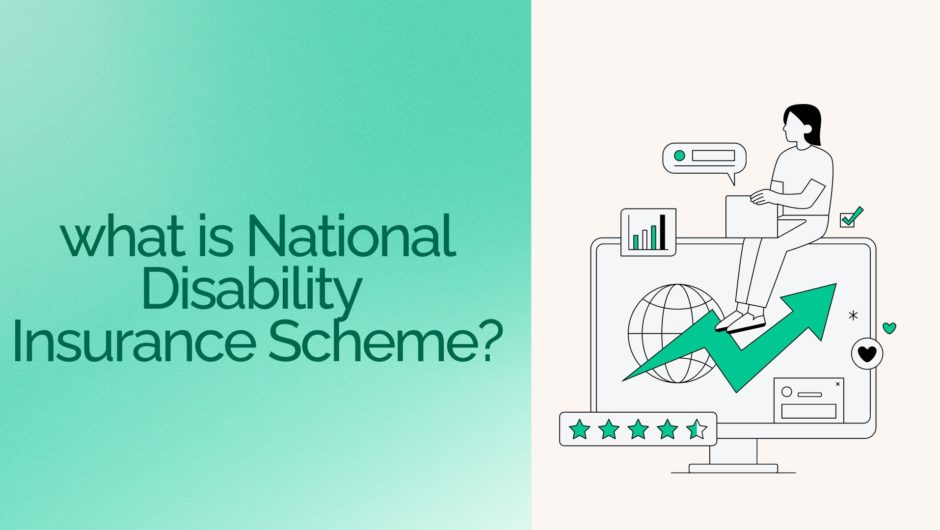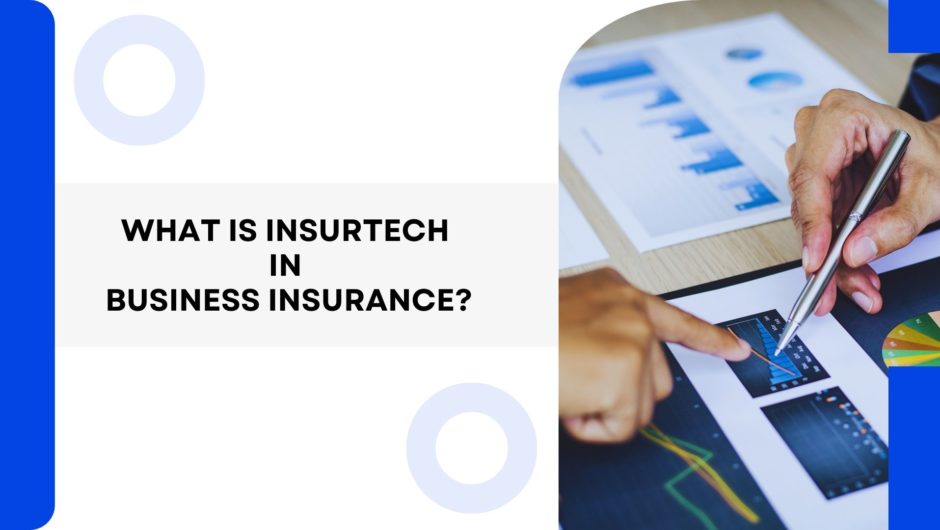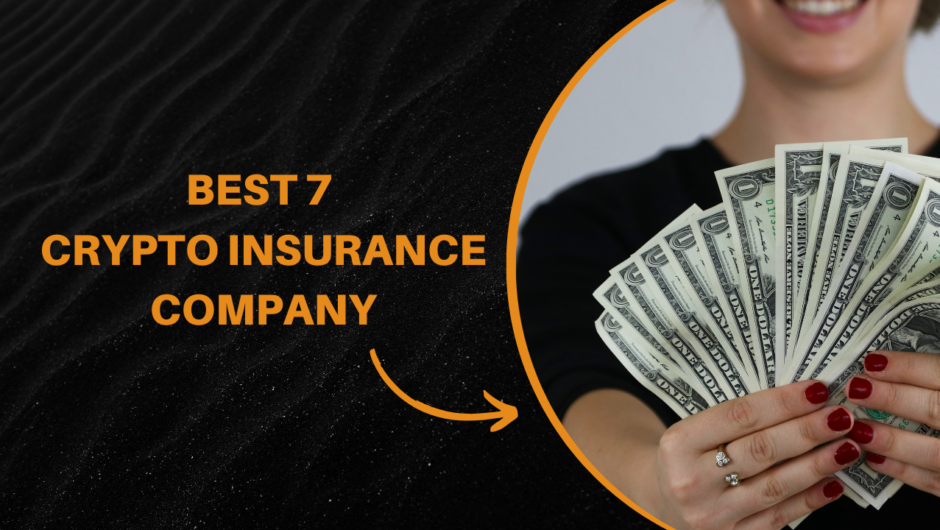Reverse mortgages allow homeowners aged 62 and older to borrow against their home equity. The loan does not need to be repaid until the borrower dies, sells the home, or moves out. Pros include additional income and no monthly mortgage payments, while cons include high fees and reduced inheritance. To qualify, homeowners must have sufficient equity and meet certain criteria.
Introduction to Reverse Mortgages
Unlike a traditional mortgage, the loan does not need to be repaid until the borrower dies, sells the home, or moves out. The loan amount is based on the equity in the home, and the borrower can choose to receive the funds as a lump sum, line of credit, or regular payments. Reverse mortgages can provide additional income for retirees, but they also come with potential drawbacks and qualifications that must be met.
Pros of Reverse Mortgages
- Additional Income: A reverse mortgage can provide retirees with additional income, allowing them to supplement their retirement savings and better cover expenses.
- No Monthly Mortgage Payments: Unlike traditional mortgages, reverse mortgages do not require monthly mortgage payments. Instead, the loan balance accrues interest over time and is paid back when the borrower sells the home or passes away.
- Flexibility in Loan Disbursement: Borrowers can choose to receive the loan funds as a lump sum, line of credit, or regular payments, providing flexibility in how they use the money.
- Protection Against Falling Home Values: Reverse mortgages come with a non-recourse feature, meaning the borrower or their estate will not owe more than the value of the home even if the loan balance exceeds the value of the property.
- Tax-Free Income: The funds received from a reverse mortgage are generally not subject to income tax, allowing borrowers to use the money tax-free.
- Ability to Stay in the Home: Borrowers can continue to live in their home as long as they meet the loan requirements, which can provide peace of mind and stability in retirement.
- No Credit Score Requirements: Reverse mortgages do not have credit score requirements, making it easier for retirees to qualify for the loan.
- Ability to Pay Off Existing Mortgage: A reverse mortgage can be used to pay off an existing mortgage, reducing or eliminating monthly mortgage payments.
Loan Funds Can be Used for Any Purpose: Borrowers can use the loan funds for any purpose, including home repairs, medical expenses, and travel.
Cons of Reverse Mortgages
- High Fees: Reverse mortgages can come with high upfront fees, including closing costs, mortgage insurance, and appraisal fees, which can make the loan more expensive than other options.
- Reduced Inheritance: Reverse mortgages can reduce the amount of equity that can be passed down to heirs after the borrower passes away or moves out of the home.
- Interest Accrues Over Time: Unlike traditional mortgages, the interest on a reverse mortgage accrues over time and can significantly increase the loan balance, reducing the equity in the home.
- Limited Flexibility: Borrowers must meet certain requirements to qualify for a reverse mortgage, and the loan terms are inflexible once the loan is in place.
- Reduced Home Equity: The amount of equity available in the home will decrease over time as the loan balance increases, reducing the amount of money that can be borrowed against the property in the future.
- Risk of Foreclosure: If the borrower does not meet the loan requirements, the lender can foreclose on the property, leading to the loss of the home.
- Impact on Government Benefits: The funds received from a reverse mortgage can impact eligibility for certain government benefits, such as Medicaid, which can limit the borrower’s financial flexibility.
- Interest Rates: Reverse mortgage interest rates can be higher than traditional mortgage rates, which can increase the overall cost of the loan.
- Loan Complexity: Reverse mortgages can be complex and may be difficult to understand, requiring borrowers to carefully consider the loan terms and their financial goals before making a decision.
Qualifying for a Reverse Mortgage
To qualify for a reverse mortgage, homeowners must meet the following requirements:
- Age: The borrower must be at least 62 years old.
- Homeownership: The borrower must own their home outright or have a significant amount of equity in the property.
- Occupancy: The borrower must live in the home as their primary residence.
- Property Type: The home must be a single-family residence or a multi-unit property with no more than four units.
- Financial Assessment: Borrowers must undergo a financial assessment to ensure they have the ability to pay property taxes, insurance, and other expenses associated with the home.
- Counseling: Borrowers must attend counseling with a HUD-approved counselor to ensure they understand the loan terms and requirements.
Once these requirements are met, borrowers can apply for a reverse mortgage through a lender. The lender will assess the borrower’s eligibility based on their age, home equity, and other factors, and provide them with the loan terms and options available to them.
Conclusion: Is a Reverse Mortgage Right for You?
Whether a reverse mortgage is right for you depends on your financial goals and individual circumstances. A reverse mortgage can provide retirees with additional income, flexibility, and the ability to stay in their home, but it also comes with risks, such as reduced inheritance and higher fees. Before considering a reverse mortgage, it is important to carefully weigh the pros and cons, speak with a HUD-approved counselor, and consult with a financial advisor to determine if it is the right option for your retirement plan.
Also Read:
- Conditional Mortgage Approval: Tackling The Common Questions
- How Much Is Life Insurance In Canada?
- What are financial smart goals?
- WHAT ARE THE 5 STEPS OF FINANCIAL PLANNING?

Hello, I am Tanisha Kriplani, graduated in computer science from Delhi University. I am passionate about web content writing and have a strong interest in Data Analytics and Data Engineering.












